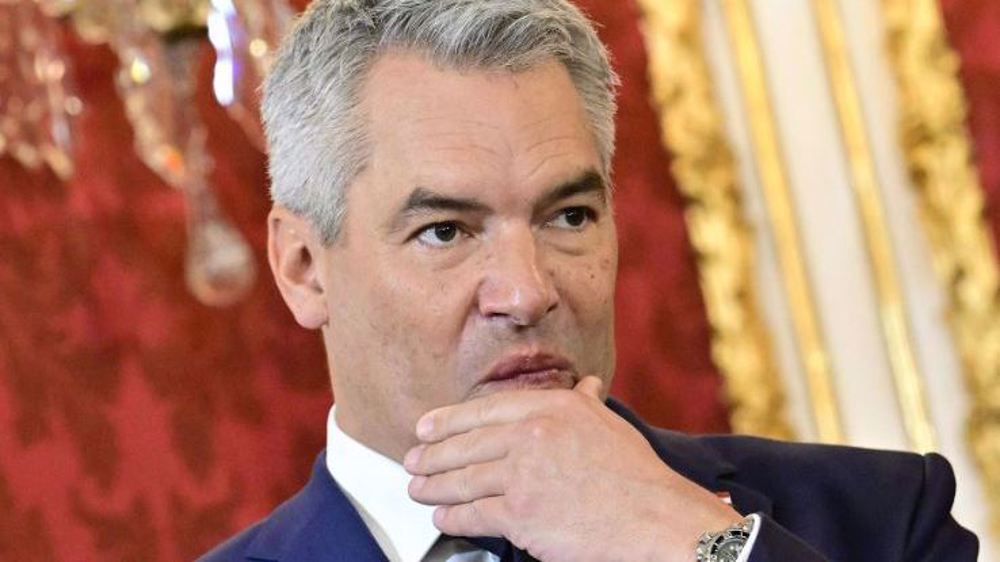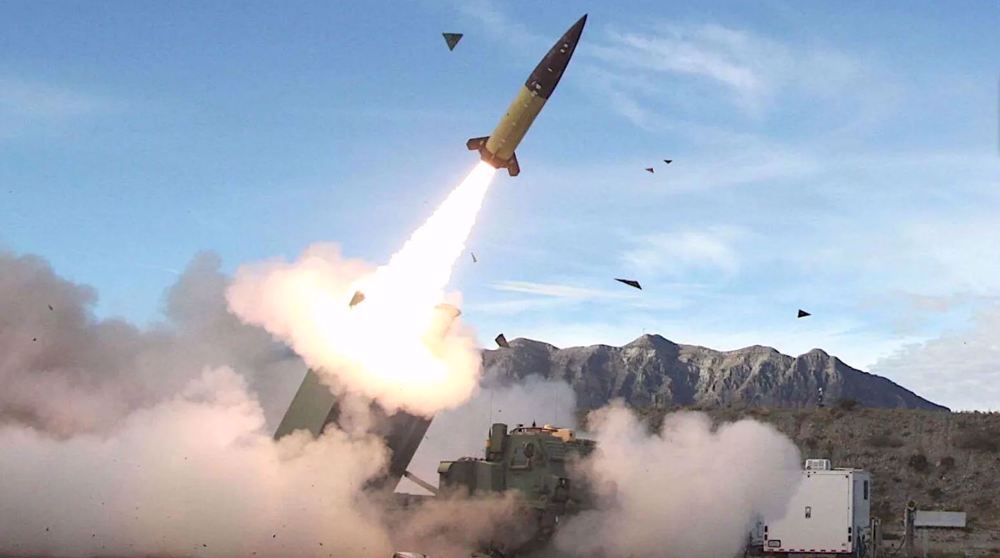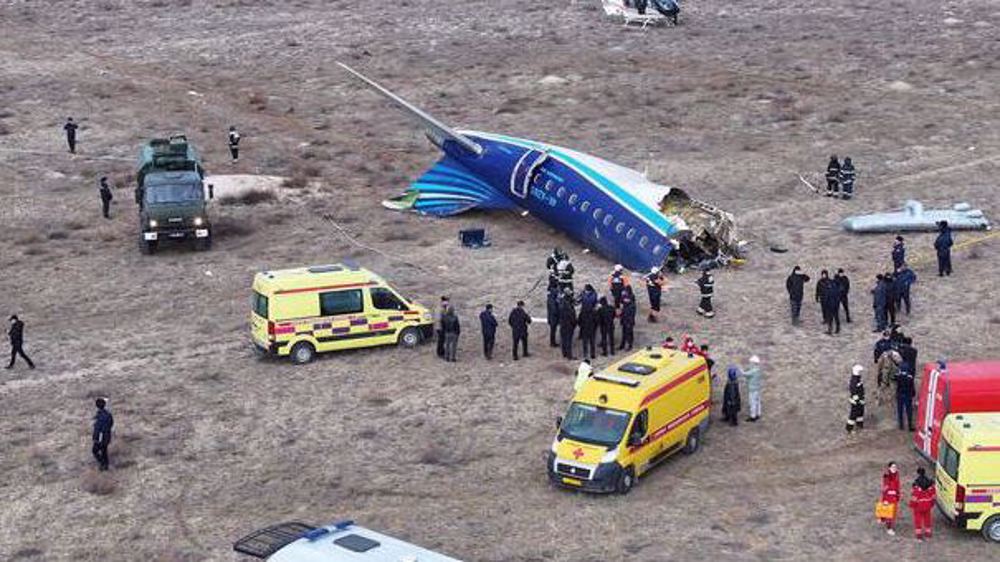Austria FM, politicians call for ban on full Hijab
Conservative politicians in Austria have called for a ban to be imposed on Muslim women wearing full body Hijab in what many see as a mere imitation of similar Islamophobic moves in western European countries.
Foreign and Integration Minister Sebastian Kurz said Thursday that religious symbols such as the burqa, or full body veils, were issues that needed to be discussed.
“A full body veil is hindering integration,” Kurz, who is from the centrist People's Party, told a local broadcaster, claiming, however, that the burqa was “not a religious symbol but a symbol for a counter-society.”
Heinz-Christian Strache, head of the popular right-wing Freedom Party (FPO), said on Thursday that a ban must be imposed on the full Hijab, saying that Austrians “want to be able to look into people’s faces in our society.”
About 600,000 Muslims live in Austria, making up seven percent of the population in the mainly Catholic society. The Islamic Religious Community says Islam is the second most widely practiced religion in Austria.
The heated debate about banning full Hijab in Austria comes against the backdrop of anti-refugee sentiments in the country as well as similar moves in other European states.
France, which has an estimated five million Muslims, the largest Muslim minority in Europe, introduced a ban on full-face niqab and burqa veils in public in 2010.
Muslim and rights campaigning groups have repeatedly protested against the ban in France, calling it unconstitutional, divisive and Islamophobic.
Some Austrian politicians have voiced concern over the potential move, saying banning full Hijab in all circumstances may run counter to the constitution. Interior Minister Wolfgang Sobotka, a member of the People's Party, said a partial ban as when driving a car, or when crossing the border or at demonstrations could be less problematic in terms of constitutional law.
Iran, Turkey to resolve issue of stranded trucks soon: Minister
VIDEO | Extensive military drills underway in western Iran with focus on rapid deployment
VIDEO | Palestinian artist preserves Gaza’s legacy by chronicling genocide
VIDEO | Billionaire Musk intervenes in UK politics
Arab League condemns map claiming Arab lands as part of ‘greater Israel’
Iran’s second copper mine reports 3-fold rise in deposits
Leader: Iran will greatly benefit from a more secure Iraq
VIDEO | Press TV's news headlines











 This makes it easy to access the Press TV website
This makes it easy to access the Press TV website